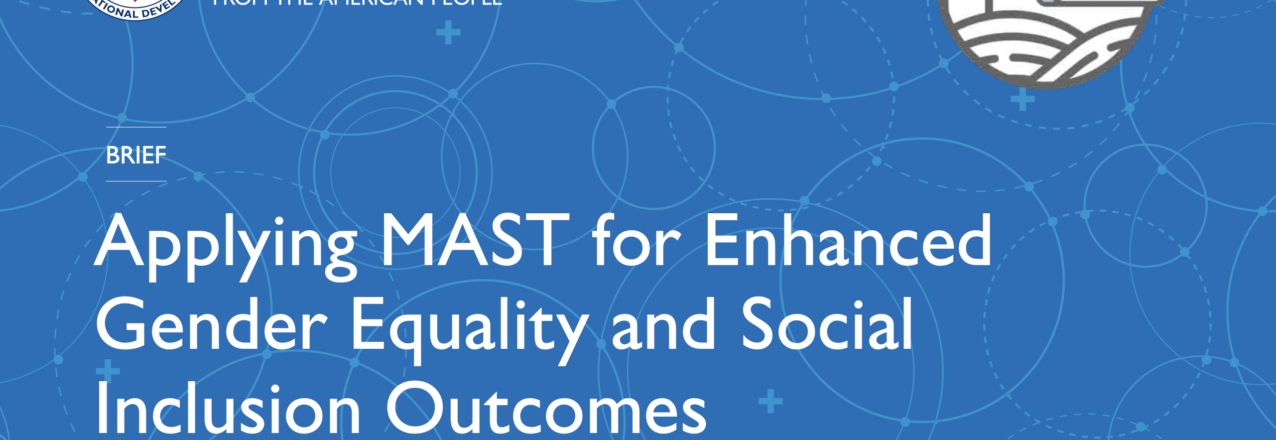Research finds that strengthening women’s land and resource rights positively impacts women’s empowerment and decision-making capacity. Yet laws and practices across much of the world hinder women’s access to these critical assets.
USAID has helped address this inequity over the past decade through Mapping Approaches for Securing Tenure (MAST), a blend of participatory land mapping techniques and flexible technology tools developed to help communities document and secure their land and resource rights.
MAST has strengthened women’s land tenure and promoted women’s empowerment in communities throughout Mozambique, Tanzania, and Zambia, among other countries. The “Applying MAST for Enhanced Gender Equality and Social Inclusion Outcomes” brief provides an overview of these participatory mapping efforts as they relate to gender equality and social inclusion, as well as key outcomes, challenges, and considerations from implementation.


